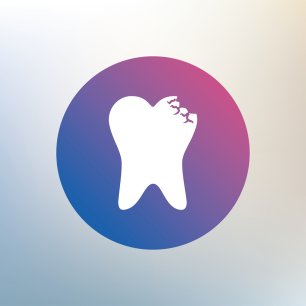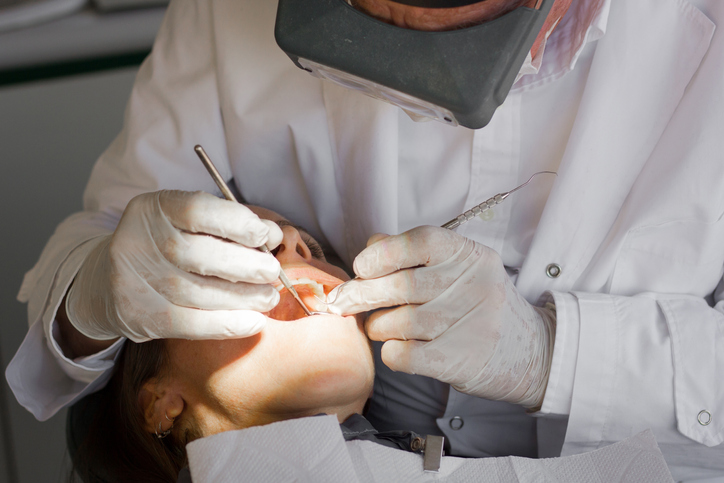
You know that your dental health is important, because your teeth are vital, and your smile impacts the impression you make on others. What you may not know, though, is that the health of your mouth affects your overall wellbeing, as well. Additionally, just as an unhealthy mouth can lead to an unhealthy body, certain illnesses can also cause problems for your dental health.
- Gum disease is connected to several illnesses. For instance, people with gum disease are twice as likely as other people to die from a heart attack. What’s more, they’re three times as likely to have a stroke. Connections to gum disease have been found not only with heart disease, but also diabetes, respiratory disease, osteoporosis, and rheumatoid arthritis.
- Your mouth is a hotbed of bacteria. There are typically more than 500 species of bacteria thriving in your mouth. They form dental plaque, a sticky, colorless film that builds up along your gumline. When this happens, it provides a welcoming environment for even more bacteria to flourish, which leads to the gum infection known as gingivitis. Gingivitis, when left untreated, can lead to periodontitis, or even to acute necrotizing ulcerative gingivitis, commonly known as trench mouth. Saliva naturally defends your mouth against disease-causing organisms, but it can’t do the job alone.
- Bacteria from your mouth is bad news for the rest of your body. Normally, the bacteria in your mouth stays there and doesn’t enter the bloodstream. If you’ve got gum disease, though, even routine brushing and flossing can cause breaks in your gums that give those microbes access to the rest of your body. Other things that compromise your mouth’s natural defenses are medications that disrupt your saliva flow or the natural balance of your mouth. Still, a healthy immune system can usually fight off oral bacteria with no problem. If your immunity is weakened, though, you can develop an infection in another part of your body because of the oral bacteria in your bloodstream.
- When your body is unhealthy, your dental health suffers. Even as poor oral health can cause health issues for the rest of your body, some systemic illnesses can cause trouble for your mouth. There’s significant evidence that diabetes, for instance, has a reciprocal relationship with gum disease. Keeping blood sugar under control improves oral health, and treating periodontal disease reduces the need for insulin. For patients with AIDs, the first evidence of disease is often mouth lesions or other oral issues.
One of the best ways to keep your teeth healthy is scheduling regular dental appointments. If you’re looking for dentistry services in Chicago, you can trust the team at University Associates in Dentistry. We offer complete dental care at our all-in-one practice, from regular cleanings and routine treatment to complex specialty care and cosmetic dentistry. You can make a dentist appointment in Chicago by calling (312) 704-5511, or visit our website for more information or to schedule a complimentary consultation.





 Diet is a very important factor in
Diet is a very important factor in 


